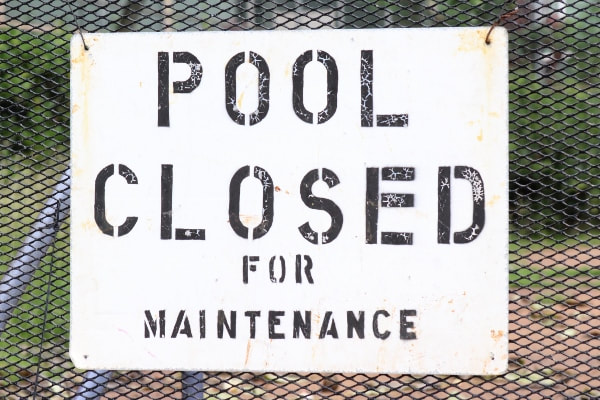|
Of course, those shows are meant for entertainment. However, it seems to me that there is a clear focus on moving on and decluttering a space, and very little attention is being given to what happens next. Whoever lives in this house will have to learn a thing or two about keeping everything organised once they are back on their own. If someone has lived in a home that has overwhelmed them to a point where they had given up even trying to keep up, slipping into a mindset where cleaning and tidying up are simply no longer part of their routine is the easiest way to deal with that situation. How can they be expected to suddenly pick up habits they had let go a long time ago and become a perfect housekeeper or an organising wizard in just the time it took for a team of specialists to take care of years of neglect? I’m not saying those homeowners are dirty, lazy or slow, of course. What I mean is different: it relates to the change in mindset, and that not only needs time, but it needs constant attention and encouragement. Whoever can manage their home in a way that it is always spotless may not understand how much effort it takes to pick up those skills out of nowhere. Consider this: boss lady is working in an office with her assistant. He does all her background tasks for her, like booking trips, organising restaurants, doing her filing and archiving, taking care of her calls, etc. He called in sick this morning and she finds herself trying to figure out how to do all of what he usually does, while at the same time dealing with her normal work. The first day of this will be simple, but the longer he is off sick, the more complex the issues become and the less confident she will feel to do it on her own. It will gradually become overwhelming, and most certainly slow her down. Now transpose this into the situation of someone whose house has just been magically transformed into a lovely home. Will they know what to do to keep it that way? Do they remember that dishes need taking care of regularly? That they have to wash, dry, fold and put away their clothes? These things sound easy to most of us, but it takes a lot of effort to remember them at first, and once you slip it’s hard to catch up again. It only takes a couple of days without doing the dishes and you may fall back into your old habits. Next thing you know there are dirty dishes sitting everywhere because the kitchen sink is full. And that is just one of the issues. There was a reason why things got bad in the first place: either illness, bereavement, mental troubles, anything could start the spiral. In the office story that is “the normal work of the boss”. Having a clean house takes care of the symptoms only, but the real work lies in finding out what caused the breakdown in the first place. Part of my job is to make sure that decluttering and organising assistance leads to a situation where my client not only ends up with a beautiful space, but that they know how to manage it. The best way to make this happen is to involve them in every step of the process and give them the tips and instructions they need. One of the things I make very clear whenever I meet someone for the first time is this: I will not do this FOR you, but WITH you. Even if the job looks like something I could do for them (like filing papers or organising clothes) I always insist on involving my client in the process, because ultimately they need to understand what I’m doing in order to be able to keep the result as functional and useful as possible on their own. If they don’t learn these lessons, the result of the work is likely to be temporary only, and that is not in the client’s own interest. Nor is it in mine. If you have enjoyed reading this, you may find these other articles interesting: Comments are closed.
|
Ask the ClutterMeisterIdeas to help clear away the mess in your homes and in your minds.
Feel free to share any of my posts, but please put in a backlink to the original blog post. Thank you. The author
Hi, my name is Tilo Flache. My mission: help clients declutter mind and space.
This blog contains pointers for your journey towards a happier living experience. Archives
November 2023
|



 RSS Feed
RSS Feed




